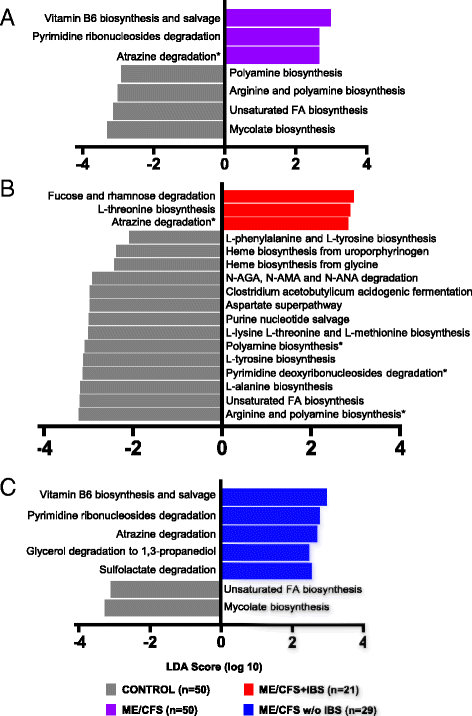Murph
:)
- Messages
- 1,799
Lighten up. It's a legitimate question and the first question that any funding panel member would ask. In fact they shouldn't/wouldn't need to as a funding application would state a working hypothesis (that ME/CFS will be found to be 'associated' with changes to the microbiome and that association is theoretically/clinically relevant because ....etc.
I expect they will state this in the full paper - I was hoping someone had an idea what their working hypothesis was.
One broad hypothesis is that CFS features an immune disturbance driven by a leaky gut. The leaky gut can be caused by a change in gut microbiota changing the permeability of the gut wall. The transit of microbes and signalling molecules into the blood stream can cause immune responses.
You seem to want to know if this is a cause or an effect. Porque non los dos? We draw a lot of one dimensional logical chains in trying to describe CFS in ways our brains can grasp. The reality is likely to be cycles interlinking with cycles, including vicious cycles that perpetuate the disease.
This is exploratory research. Identifying the features of the disease is the first step to understanding it, which is the first step to solving it.
Perhaps one day by changing our gut microbiome we can throw a spanner into a vicious cycle?
EDIT: got to the discussion section and here it is in their own words: "An altered microbiome is postulated to lead to increased gut permeability (“leaky gut”) and intestinal inflammation with gastrointestinal symptoms. Increased translocation of lipopolysaccharides (LPS) from gram-negative bacteria leads to autoantibody production, disruption of tight junctions, and both local gastrointestinal and systemic inflammation [12, 32, 33]."
Last edited:

